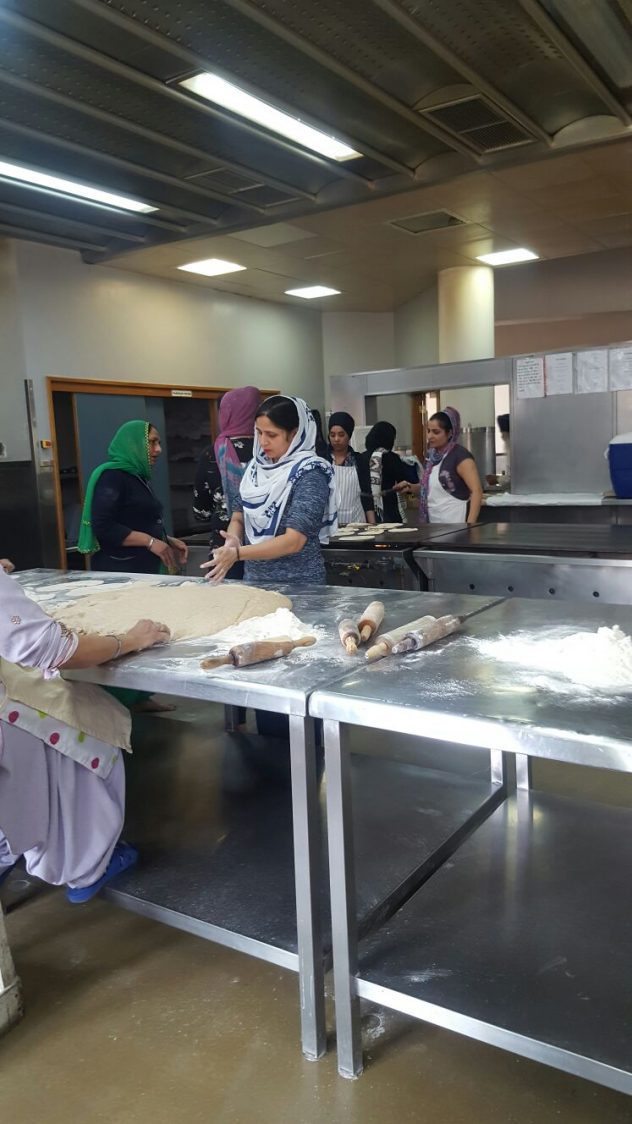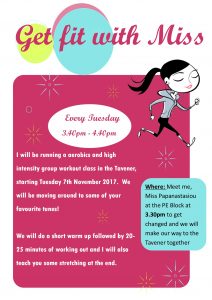TS 4: Plan and teach well structured lessons
– Promote a love of learning and children’s intellectual curiosity
Year 11
Topic – Christianity
Role of the Church in the local and wider community
Persecution
I have been feeling quietly confident about the improvement in my creativity and production of my lessons, and this has lead to sometimes seamless delivery. NOT perfect delivery, not by any stretch of the imagination. BUT there has been progress in the way I approach planning and it feels amazing. As a teacher, particularly a trainee, I have been regularly advised to take these small wins!
Today’s lesson was a great example. I was confident in my subject knowledge but, as always, I had overplanned. However, I am now becoming more aware of the importance of overplanning but with activities that are linked but not connected. Activities which can be picked up and instructed according to the progress of lesson, in terms of the time frame.
Persecution was the title of today’s lesson and I had researched the Open Doors project and the work they do. I found a moving video which I had hoped would engage the class, as they can usually find sitting still difficult, and actually the students were quiet and attentive during the video. This felt like another small win! Students are familiar with me now and my teaching style. They know the feeling of being in my classroom, they are still cheeky, they still talk and chit chatter. But, once engaged, they are interactive, interested and grateful for the time I give to them and the knowledge they gain. I have established routines with them, and this has informed my planning as well as my behaviour management strategies.
I organised an activity which enabled them to be responsible for their own note taking, responsible for their own learning and for the knowledge they absorb which they need to know for the assessment next week. This independent learning gave them the opportunity to speak with those next to them, without me having to tell them to work in silence; they were genuinely talking about the work. They stuck in the maps, drew lines and labelled persecution of Christians and the way it is executed in countries around the world. They were curious and engaged. By asking students to label the map, I was facilitating cross-curricular learning with Geography, and this really got their minds focusing on the task at hand.
I always create my lesson power points with visual aids which are colourful and interesting for students to look at. I make sure the task instructions are on the board as well as explained verbally, to ensure students have a point of reference if they lose track of what they are doing. As per school policy and as part of my class routine, I always have a starter activity to engage students which does not necessarily need to link to the lesson, however, I like it to as it gives students a taster of what we are working on.
[embeddoc url=”https://eportfolios.roehampton.ac.uk/papanase1/files/2017/12/Persecution-19p2yto.pptx” download=”all” viewer=”google” ]
The lesson finished within time and smoothly. I wondered to myself why today they were in such high spirits! At the end of the lesson my mentor requested this lesson to be put into the shared earlier so other teachers can use it. That for me is an amazing honour, as a student teacher and trainee.
[embeddoc url=”https://eportfolios.roehampton.ac.uk/papanase1/files/2017/12/World-watch-list-of-resources-for-10xy5-Monday-persecution-uon3k6.pptx” download=”all” viewer=”google” ]







